 I’m always a bit cautious about giving out writing advice. After all, what works for me might not work for you. I’m hardly in a position to sit up on the mountain to dictate what people should do to get published or how to write better.
I’m always a bit cautious about giving out writing advice. After all, what works for me might not work for you. I’m hardly in a position to sit up on the mountain to dictate what people should do to get published or how to write better.
And the fact of the matter is that the game is changing – self pubbing and indie pubbing have opened doors to writers whose books don’t fit into nice little genre niches. (Which is one of the complaints I’ve seen from agents and editors – eg – “the writing is fabulous, but where would it be shelved??”) Sometimes that just means the book is before its time – after all, it used to be that vampire books were barely a blip on the radar…and then the UF/PNR genre exploded – and now we have whole shelves dedicated to those sorts of stories.
Sometimes it just doesn’t happen – and that’s where the self-publishing venture comes into play.
Anyway, the point of this post was really supposed to be about writing rules. I was on tumblr earlier and there was a post floating about that referred to this article. Which, if you’ve been doing the writing thing for a while, doesn’t really contain anything new – we’ve seen the stuff about not using prologues, and info-dumping, or using cliches, etc. etc.
But I was reading a lot of the reblog comments – and yes, there were several that indicated that the rules were stupid, or who is this person to dictate how *they* should write, or that “X Famous Novel” didn’t follow any of these and everyone loves it. Or that as long as a writer write a good book, rules don’t apply. Or that as long as you are passionate about your story, that should be good enough. Or that rules are meant to be broken.
And I didn’t bother reblogging with any additional thoughts on the matter, although at least one person did point out that in traditional publishing, agents and editors still use many of these rules to weed through the slush pile.
Some of the points made by the rebloggers were valid, but I’ll admit that an awful lot sounded on the whiny side. Which I get – no one likes to be told that they’re doing it wrong, especially if they’re doing something that they love.
sounded on the whiny side. Which I get – no one likes to be told that they’re doing it wrong, especially if they’re doing something that they love.
At least one of them basically said something along the lines of “Thank God there’s self-publishing – I can do what I want!”)
Which makes me pause. Certainly if you’re self-pubbing, you can do what you want. You can have a 500 page prologue. You can start the story with the weather, or mary-sue yourself into oblivion.
But should you?
And I have no idea. There’s always people who will tell us what we “should do” or “ought to do,” but that doesn’t mean you have to listen to all of it. I usually tell people to take the bits of advice that apply to them and ignore the rest – but that doesn’t mean you shouldn’t take a good long look *at* that advice.
Personally, I have a tendency to stonewall when someone tells me something I don’t want to hear (writing or otherwise.) It’s a defense mechanism, and these days I recognize it for what it is. I let it happen for a day or so and then I revisit the catalyst that triggered the reaction. If I can see past the instinctive rage-boner and try to separate the words from how it affects me personally, I can usually find an objective way to look at it.
I think it’s probably the same way with writing advice. Just because you have a prologue doesn’t mean your writing sucks or that it’s wrong…but it doesn’t mean it’s right, either. Every story is different.
(And if you are trying to get trad published – keep in mind that your agent or editor is certainly going to have things to say about your writing that you may not want to hear – if you can’t handle just reading an article about writing, how the hell are you going to manage when your editor tells you you need to completely overhaul ten chapters?)
Food for thought, I guess.




2 Responses to Writing Advice: Do the Rules Still Apply?